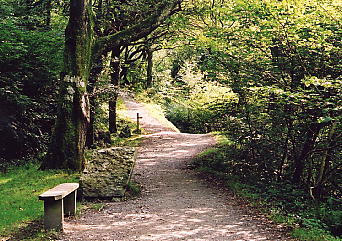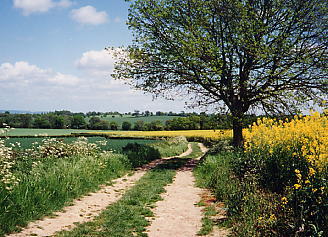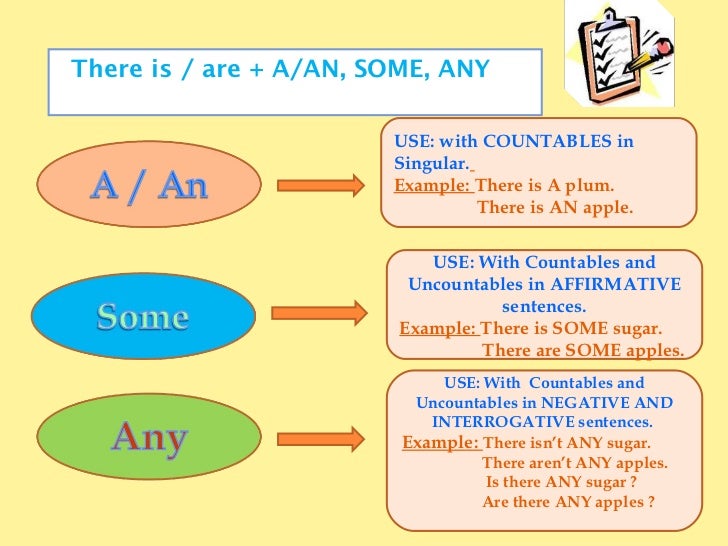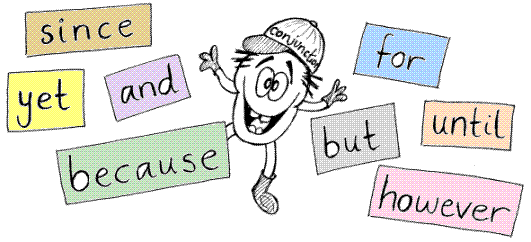Class materials:
20th/21st October Powerpoint: Here
Here is a very interesting page on the different tourist destinations around the world and how tourists affect them:
http://www.mnn.com/lifestyle/eco-tourism/photos/15-travel-destinations-being-ruined-by-tourism
Vocabulary tests:
http://www.fcepracticetests.com/fce-vocabulary-vocabulary-building-5/
http://quizlet.com/19144302/fce-vocabulary-environment-flash-cards/
Speaking paper on the environment for FCE:
1. http://aglikapastras.files.wordpress.com/2009/04/pollution.doc
2.
|
 |
 |
Reading paper on the environment for FCE:
http://www.autoenglish.org/listening/plasticReading.htm
http://www.usingenglish.com/comprehension/41.html
All parts of the FCE paper on the environment:
http://efllecturer.blogspot.com.es/2013/02/what-can-we-do-about-environment.html
Word formations
The third part of the Use of English paper in the First Certificate Examination is word formation where you have to use a root such as 'able' and create an appropriate word (disable, unable, ability) to fill the gap in a text. Think first .... if you need a verb, adjective, noun or adverb in the sentence! This can be done using clues such as word order. For example, if there is an article preceding the gap, you will need to place a noun after it. If there is already a noun after the gap,
then you will need an adjective etc.
http://www.flo-joe.com/fce/students/strategy/p3pt5a.htm
http://www.examenglish.com/FCE/fce_use_of_english_part3.htm
18 different pages of exercises here: http://www.esl-lounge.com/student/first-certificate-word-formation.php
http://www.tinyteflteacher.co.uk/learning-english/FCE/word-formation-verbs.html
http://englishaula.com/en/use-of-english-part-3-word-formation-exercise-exam-2-fce-cambridge-first-certificate-english.html
http://todayschool.es/blog/first-certificate-tests-2/word-formation-5/
Countable and uncountable nouns

Grammar pages and exercises: Here
-If you wish to complete the grammar pages, hand in the answers to me on a separate piece of paper in class for marking
Litter and Rubbish - For Ana
What is Rubbish?
Rubbish is the stuff that people throw away. It might be broken, empty or something that we don’t want any more. We all throw away rubbish every day. Think about your lunch or dinner. To What rubbish was left over?
When we throw stuff in the bin it becomes rubbish. Some people throw stuff they don’t want on the ground. When this happens it becomes something else.
What is litter?
We should all throw our rubbish into the bin, but some people are too lazy or don’t care and drop it on the gound. This is litter!
Throwing litter causes lots of problems.
It looks untidy and it costs a lot of money to clean up.
Litter like broken glass and sharp metal can be very dangerous and standing on these things hurts many people and animals.
verb - to bring together parts or combine to create (something).
"the company was formed in 1982"
"the company was formed in 1982"
synonyms: set up, devise, establish, found, launch, float, create, bring into being, put in place, organize, institute,start, begin, get going, initiate, bring about, inaugurate, lay the foundations of
You can print this at home or just view it online and write the answers on a separate piece of paper. It is up to you. Obviously, don't do the listening part. Only do page 1 and 2.
FCE2 class on Mondays, please complete this worksheet for Monday 10th November
or
FCE2 class on Tuesdays, please complete this workheet for Tuesday 11th November
Jobs (Unit 14) Homework worksheet: Here
COUNTABLE / UNCOUNTABLE / QUANTIFIERS:



